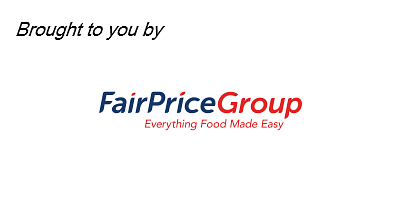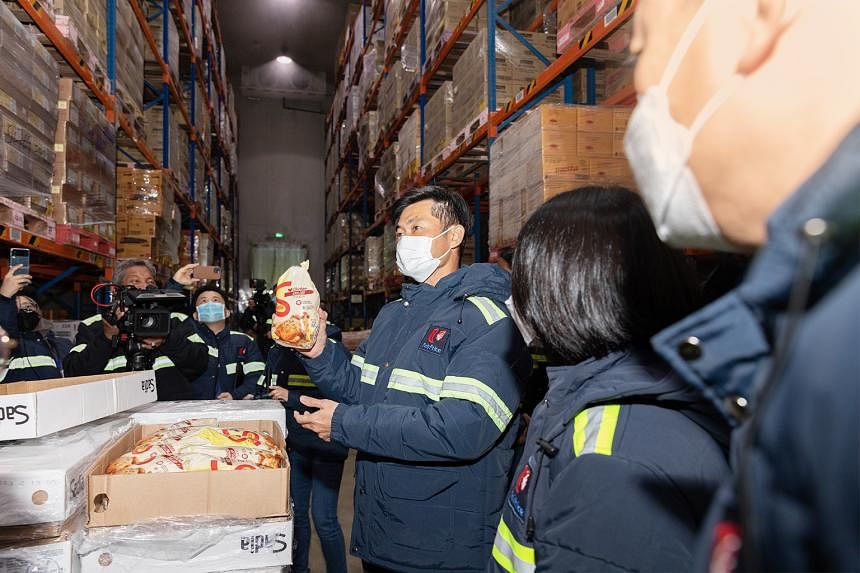If you love your chicken rice, chicken curry and ayam penyet, you would have been one of the many worried (and hangry) Singaporeans last year when the war in Ukraine and Malaysia’s subsequent poultry export ban strained Singapore’s supplies of chicken imports.
However, this was not the first time poultry supply had been halted into Singapore. In 2004, during the Avian Flu outbreak, eggs became a scarce commodity, especially since two-thirds of the nation’s daily supply of three million eggs were from Malaysia. The ban caused prices to almost triple.
After other retailers declined his suggestion to import eggs from Australia, then-Second Minister for National Development, Mr Lim Swee Say, met then-NTUC FairPrice Chairman Chandra Das on a Saturday in August.
“I told him we are stuck,” shared Mr Lim in the book The Price of Being Fair, which was recently published by FairPrice Group to celebrate its 50th anniversary.
Despite it being a financial risk for the supermarket chain, Mr Das agreed to look into the issue and by the time the weekend was over, FairPrice announced that eggs would be coming in from Australia.
In the book, Mr Lim noted: “It was a risk that FairPrice took that others were not prepared to take. It had to take a national perspective. In other words, if FairPrice just thought about their own profitability, why should they do it? But knowing that they may end up losing money, they were still prepared to do it.”
A supermarket for everyone
Sourcing eggs and chicken from elsewhere during a food ban or shortage – and more importantly, still keeping their prices reasonable – is one of the many examples of how FairPrice has always put Singaporeans first.
A household name found in almost every heartland estate, FairPrice Group is known for its network of supermarkets and food outlets including Kopitiam. These come together to play a synergistic role in ensuring the availability and affordability of essential goods for Singaporeans.
But while most of us will know where the nearest FairPrice supermarket is, not many may be familiar with how the organisation was founded, and its 50-year journey to where it is today.
Mr Vipul Chawla, group chief executive officer (GCEO), FairPrice Group, says: “In our 50th year, we wanted to tell our group’s never-been-told stories and share our triumphs, twists and challenges. It’s an opportunity for us to honour the past, and reflect on our challenges, successes, and failures.”
He also hopes the book will honour the staff who have worked tirelessly and customers who have been supporting the group over the last 50 years.
The Price of Being Fair took six months to produce and all interviewees – including past chairmen, staff and unionists – contributed many insightful anecdotes. Here’s a peek into some of the interesting stories you will be able to read more about.
The first FairPrice supermarket at Toa Payoh Central still exists
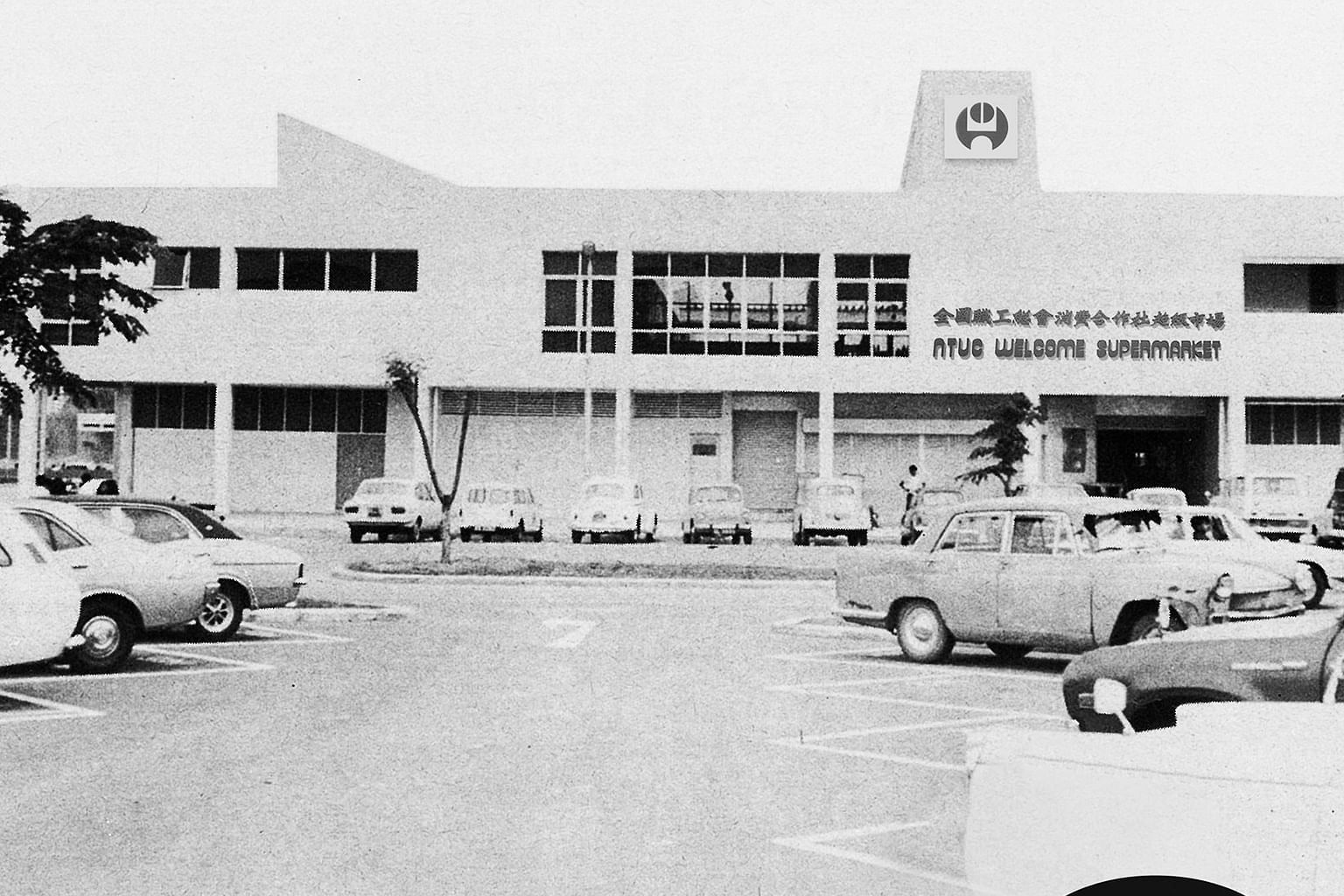
On July 22, 1973, a supermarket named NTUC Welcome opened its doors at Blk 192, Toa Payoh Lorong 4. Singapore’s founding Prime Minister Lee Kuan Yew attended the opening ceremony. At that time, it was a revolutionary idea for the labour movement to venture into the supermarket business but it was a necessity as rice prices in that year could soar by 200 per cent over timeframe.
NTUC Welcome was set up to counter the inflation and Toa Payoh was chosen because it was the largest constituency in those days.
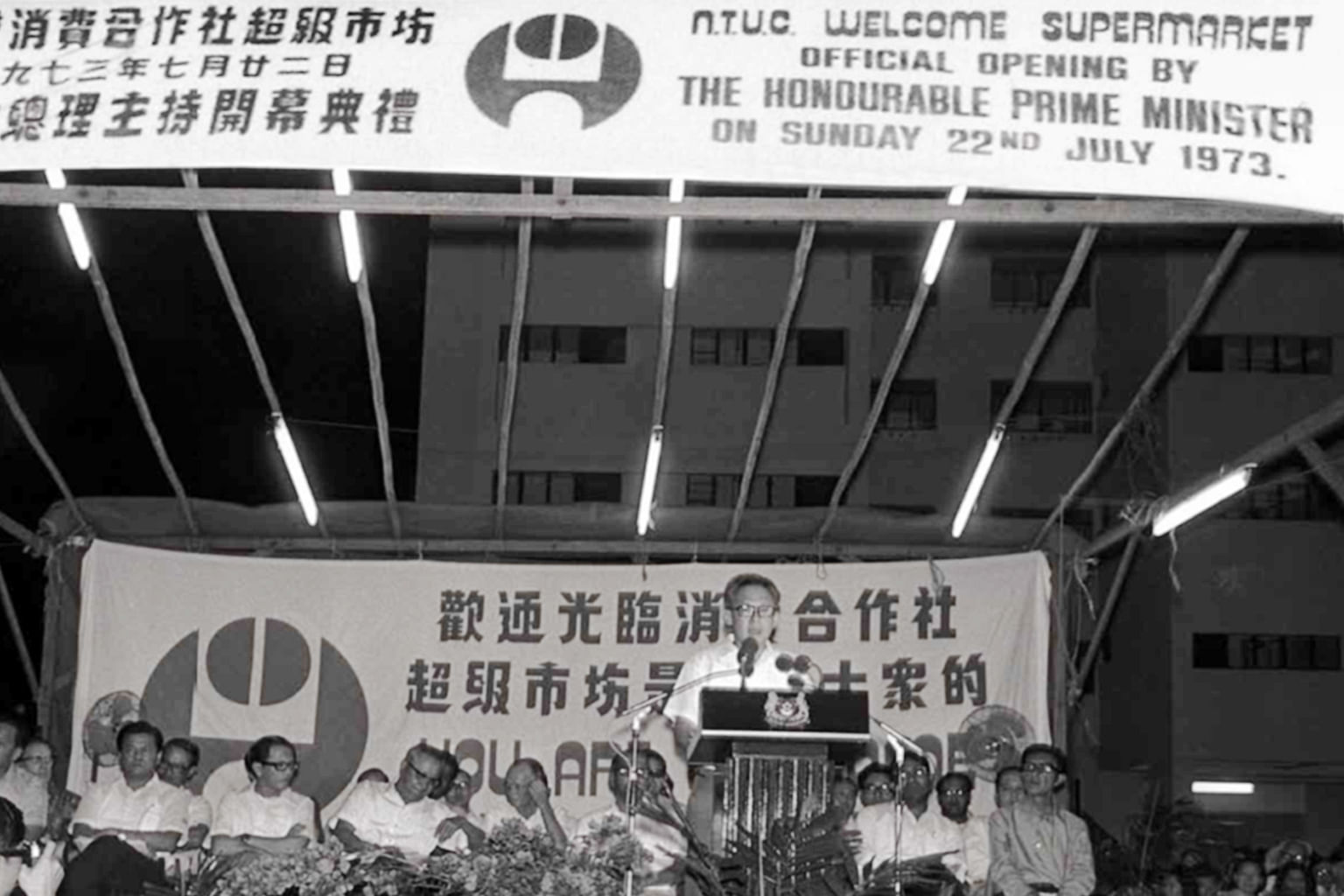
In his opening speech, the late Mr Lee said: “If this supermarket is well-supported and well-managed, we shall know what the wholesale price is, which we already do, and we shall know what the retail price with profit can be. You will get more value for your money buying here.”
The supermarket looks different today, but the mantra still remains the same, even as NTUC Welcome merged with the Singapore Employees’ Co-Operative in 1983 and evolved into the FairPrice Group in 2019.
When nobody wanted them as a tenant, FairPrice decided to build its own mall
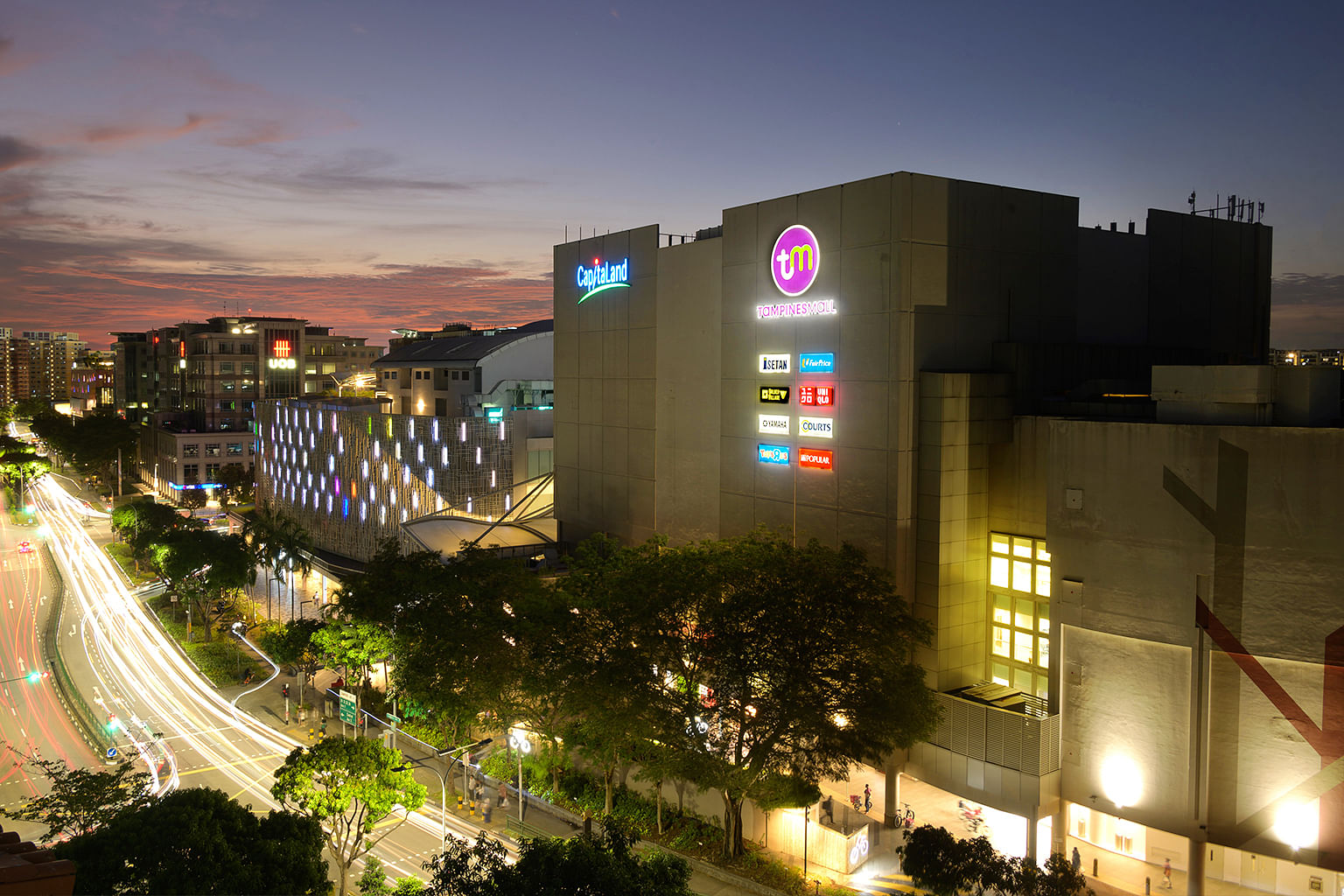
Ironically, NTUC Welcome was not made to feel welcome by the industry when it first opened. Small shopkeepers in Toa Payoh felt that the union-backed supermarket would threaten their livelihood, while wholesalers preferred to supply to what Mr Lee dubbed their “pet retail network”.
This feeling of being snubbed surfaced again in the 1990s when former FairPrice CEO Tan Kian Chew could not get his supermarket chain into high-end malls. “Nobody wanted us,” he recalls in the book.
The issue: FairPrice supermarkets were seen as being too mass-market and low-brow, and were more suited for the working class shopper in the heartlands. Some premium malls, including Paragon, were worried that having the supermarket as a tenant would lower the value of their properties and instead, wanted the more atas (sophisticated) supermarket chain, Cold Storage.
Undeterred, FairPrice decided to be its own mall landlord and ventured into property development in a joint venture with DBS Land to launch Tampines Mall. This was also how the supermarket retailer would enter the world of property development.
From Carrefour to Sheng Siong – It stayed nimble and welcomes the competition
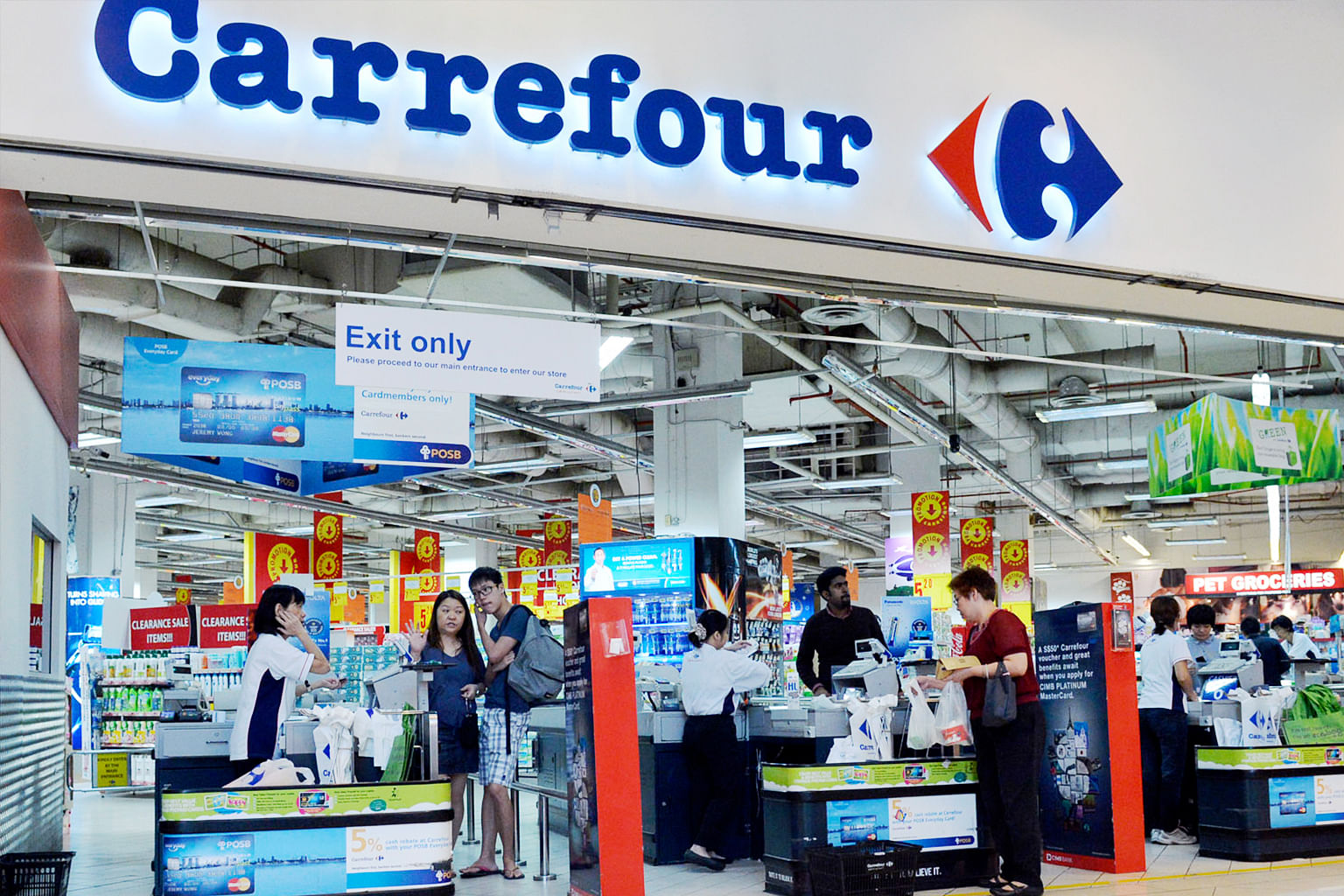
Despite being a household name by 1997, FairPrice was still much of a David when French retail giant Carrefour came to our shores as the Goliath of the supermarket scene. At the same time, two other foreign chains joined the market: Shop N Save and Tops.
Carrefour was a global brand known for building spacious hypermarkets that were a novelty to Singaporeans back then. It was also known to slash prices to keep consumers coming back.
But FairPrice stayed nimble and tenacious. It launched a sprawling supermarket at Plaza Singapura to counter Carrefour’s presence outside the heartlands. When the latter decided to move into Hougang Point, but failed to come to an agreement with the developer, FairPrice was offered the spot. But the location was too spacious for a regular supermarket, prompting FairPrice to start a hypermart – now known as FairPrice Xtra – where it sold electronics, clothing and household merchandise in addition to regular supermarket items.
In 2012, Carrefour left Singapore. But Sheng Siong, a new contender catering to FairPrice’s core target group of low-income and heartland consumers, took its place as the new competitor.
Who has been the biggest winner from these supermarket wars? The consumer.
“Singaporeans are better served by having competition to keep us alert – to be more efficient, to be better,” said former Chairman NTUC FairPrice Ng Ser Miang in the book.
Current GCEO Vipul Chawla also quipped in The Price of Being Fair: “Sheng Siong, they’ll keep us on our toes, and we’ll keep them on their toes.”
FairPrice responded to online criticism and paved the way for social change
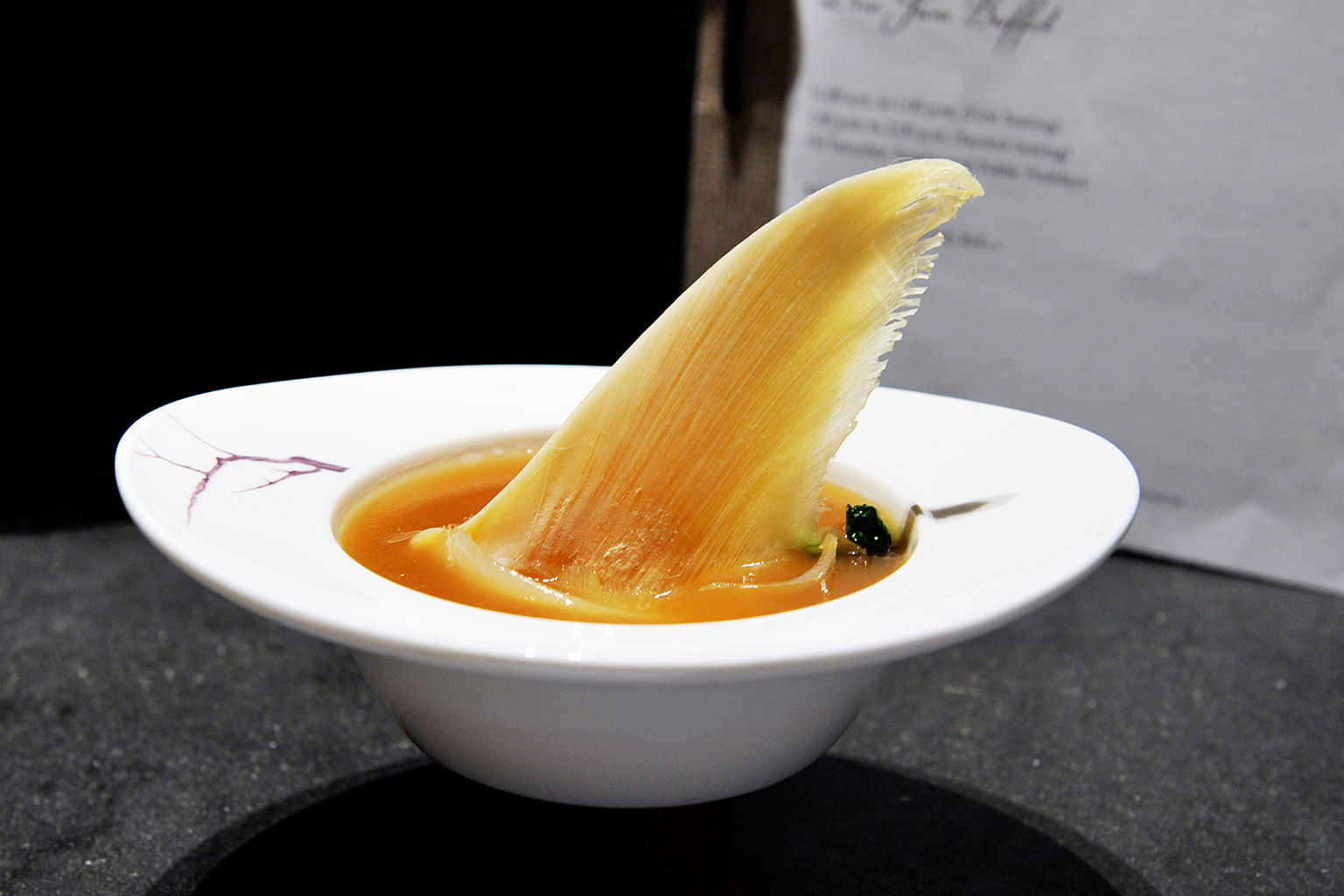
When a viral Facebook post got netizens threatening to boycott a shark’s fin supplier as well as its client FairPrice, the latter decided to stop selling all shark’s fin products, including mola mola.
When the scandal broke, Singapore was second only to Hong Kong when it came to the shark’s fin trade. Exports in 2011 alone were worth almost $230 million. FairPrice made the call because it was committed to being a socially responsible retailer.
Later, it would also cease the sale of paper products made by APP, an Indonesian conglomerate accused of causing the 2015 haze in Indonesia. Two of the products were FairPrice’s own house brands. The retailer did not wait for existing stocks to be sold either. Reporters were snapping photographs of FairPrice staff loading tissue paper and toilet rolls onto wooden pallets, to be forklifted away, on the same day it announced the withdrawals.
The move triggered a domino effect. Other major retailers such as Sheng Siong and DFI Retail Group, which operates Cold Storage and Giant, very soon announced they would also stop selling APP products.
From going organic to reducing plastic use: It was an early-adopter of environmentally conscious initiatives
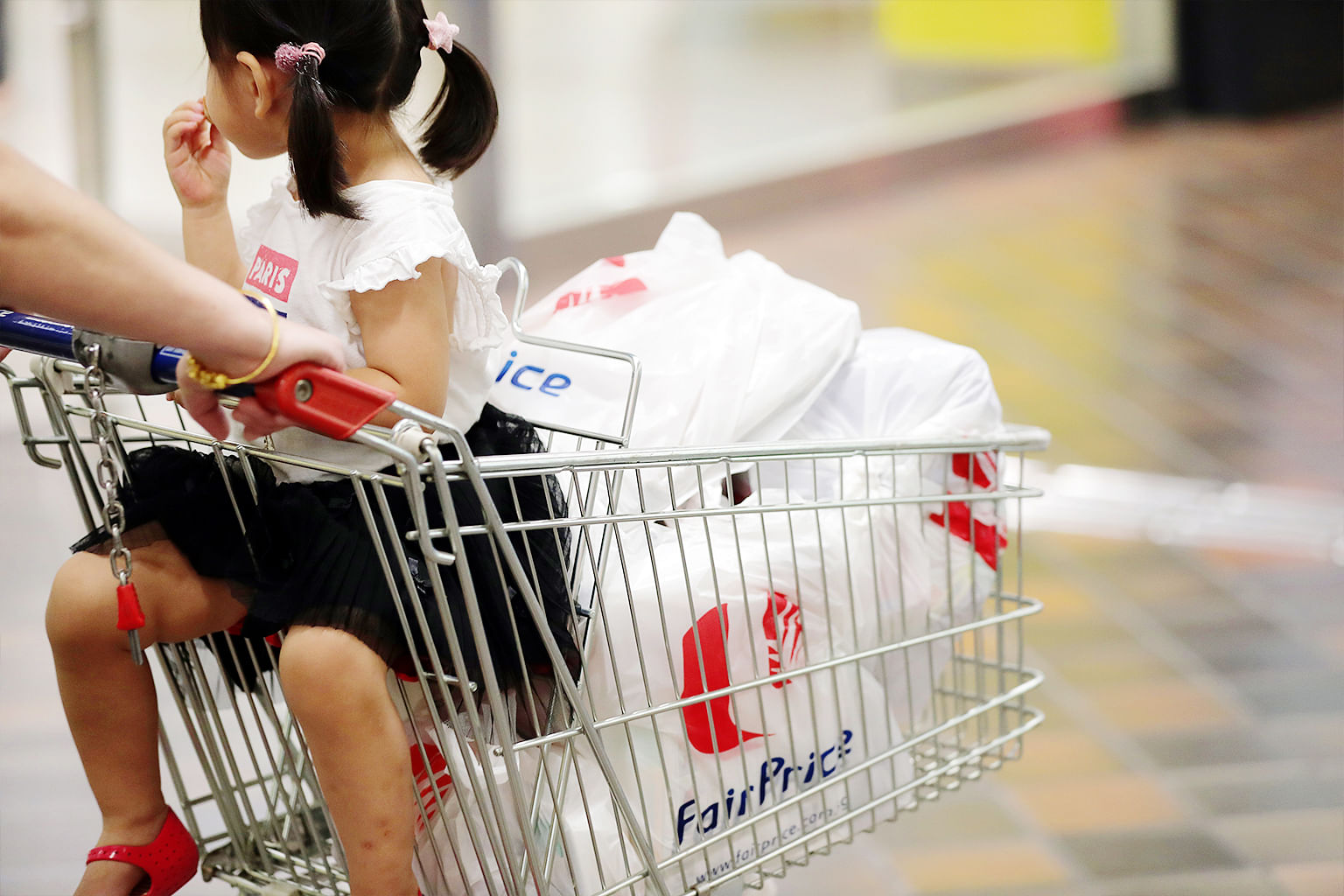
As demand for healthier options grew, so did FairPrice’s initiative to serve its customers better.
In 2006, Mr Ngiam Tong Tau, the former CEO of the Agri-Food and Veterinary Authority of Singapore joined the company and travelled around Thailand in search of organic farms that had been properly certified by authorities. He also found a way to transport their produce back to Singapore without compromising on quality.
The result was Pasar Organic, which arrived in stores in July 2008. An extension of the Pasar label, it provided shoppers with organic vegetables, including Asian varieties like chye sim and kai lan, at prices up to 40 per cent cheaper than branded counterparts.
And while supermarket and retailer chains were mandated to start charging customers per plastic bag only this year, the FairPrice Group had begun trialling this initiative at selected stores since 2019. Shoppers were already being encouraged to bring their own multi-use bags. This initiative had proved effective as by February 2023, FairPrice announced that it had saved over 57 million plastic bags in 2022 from its “No Plastic Bag” initiative, almost double its set target of 30 million plastic bags to be saved annually.
Mr Sean Kian Peng, former Deputy Chairman , FairPrice Group, said in The Price of Being Fair: “You can wait for a law to be passed and follow along with everyone else, or you can do what you think is right.”
When it entered the convenience store market, FairPrice took round-the-clock shopping to a whole new level

With 7-Eleven being known as the big boy of 24-hour convenience chains, why did FairPrice decide to start Cheers?
Simply because there was room for another chain in Singapore, said Mr Das. And it was okay for FairPrice to be number two, as long as it did not enter turf that 7-Eleven stores had already inhabited.
Nanyang Polytechnic was picked as the first Cheers store location to cater to students. It offered a “grab and go” approach which allowed customers to easily find their essentials – such as batteries, condoms and sugar rolls – pay and leave.
In 2017, Cheers took the shopping experience one step further with unmanned stores. Customers can now shop via the mobile app, enter the stores using the unique QR code generated or facial recognition, and pay via NETS, credit card, EZ-Link and mobile payment.
At its fourth outlet in Our Tampines Hub that opened in 2020, artificial intelligence (AI) capabilities allow patrons to walk right out after picking their items. The AI detects the items each customer is purchasing and automatically processes the payment as they exit.
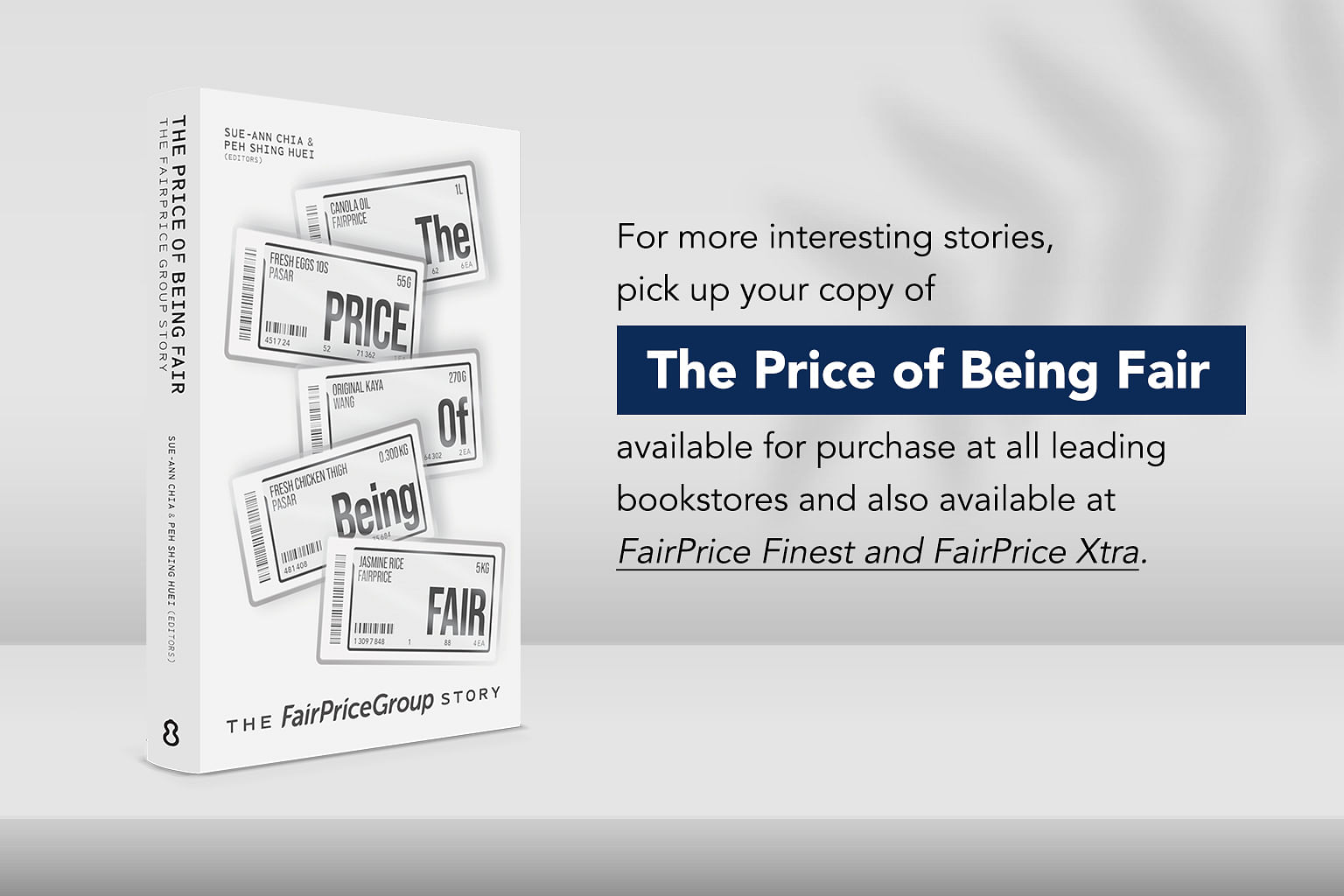
Or buy the book online at Popular and FairPrice’s online store.
